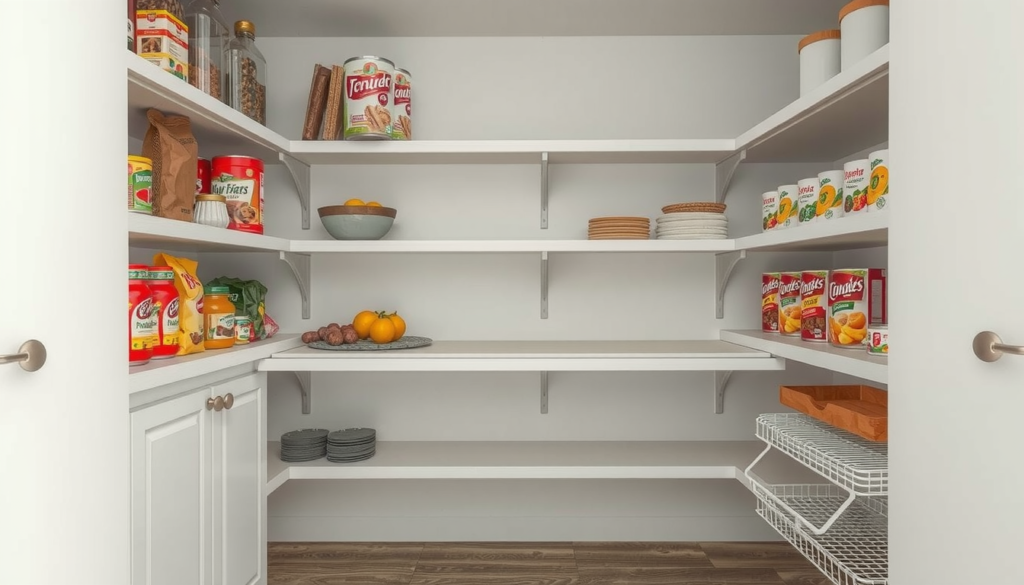As our parents age, subtle changes in their behavior, health, and living conditions can signal it might be time for additional support. Recognizing these signs early can make a significant difference in ensuring their safety, health, and overall quality of life. In this extended guide, we’ll explore seven critical indicators that your parents may need assistance or are experiencing health issues that make living at home unsafe, along with practical tips and resources to help you take action.
1. Unexplained Weight Loss or Changes in Appearance

Sudden or noticeable weight loss may indicate underlying health issues, such as malnutrition, difficulty preparing meals, or chronic illnesses. Additionally, poor hygiene, unkempt clothing, or other changes in personal appearance can signal declining physical or mental health. Weight loss could also point to depression, dental problems, or gastrointestinal issues.
What to Watch For:
- Clothes that no longer fit properly.
- Unusual body odor or signs of poor grooming.
- Empty pantry or refrigerator with expired or minimal food.
What You Can Do:
- Schedule a medical check-up to rule out serious health conditions.
- Offer to assist with meal planning and grocery shopping.
- Consider a meal delivery service tailored for seniors.
2. Decline in Mobility and Balance
Difficulty walking, frequent falls, or struggling to get up from a seated position are red flags. Mobility challenges can lead to serious injuries, including broken bones and head trauma. These issues often stem from arthritis, vision problems, or neurological conditions.
What to Watch For:
- Complaints about aches or pains while moving.
- Increased use of furniture or walls for support.
- Bruises or injuries that go unexplained.
What You Can Do:
- Install grab bars, non-slip mats, and other safety equipment in their home.
- Encourage physical therapy or light exercise to improve strength and balance.
- Consider a medical alert system for added peace of mind.
Photo Ideas:
- A bathroom with safety features like grab bars and a walk-in shower.
- A senior using a walker or cane confidently outdoors.
- A physical therapist assisting a senior with exercises.
3. Memory Problems and Cognitive Decline
Forgetting appointments, misplacing items, or getting lost in familiar places can be early signs of cognitive issues like dementia or Alzheimer’s disease. While occasional forgetfulness is normal, frequent lapses can disrupt daily life and pose safety risks.
What to Watch For:
- Bills piling up or utilities being shut off.
- Repeatedly asking the same questions.
- Confusion with time, dates, or familiar routines.
What You Can Do:
- Set up reminders or use digital tools like calendar apps.
- Explore cognitive exercises or programs to stimulate memory.
- Consult a specialist for an evaluation and potential treatment options.
Photo Ideas:
- A caregiver helping a senior use a tablet or phone for reminders.
- A calendar or planner filled with appointments and notes.
- A cozy home office space with organized paperwork.
4. Changes in Mood or Behavior
A noticeable shift in mood, such as increased irritability, withdrawal, or depression, may indicate loneliness, anxiety, or even an underlying health problem. Behavioral changes could also result from medication side effects, chronic pain, or cognitive decline.
What to Watch For:
- Loss of interest in hobbies or social activities.
- Avoidance of family gatherings.
- Sudden mood swings or agitation.
What You Can Do:
- Spend quality time engaging in activities they enjoy.
- Connect them with social groups or community events.
- Discuss their emotional health with their doctor.
Photo Ideas:
- A senior enjoying a hobby, like painting or gardening.
- A small group of seniors laughing together at a community center.
- A serene moment, like a senior reading by a sunny window.
5. Household Neglect
An untidy home with clutter, dirty dishes, or an overgrown yard may signal that everyday tasks have become overwhelming. Issues with housekeeping can also indicate physical limitations, depression, or financial struggles.
What to Watch For:
- Accumulation of mail or unpaid bills.
- Broken appliances or neglected repairs.
- Unusual odors or pests in the home.
What You Can Do:
- Offer to help declutter and organize their living space.
- Arrange for regular cleaning services or enlist family members to pitch in.
- Explore financial aid or resources if needed.
Photo Ideas:
- A before-and-after shot of a decluttered living room.
- A senior and their family working together to clean up a space.
- A cheerful cleaning service professional at work.
6. Difficulty Managing Medications
Skipping doses, taking the wrong medications, or running out of prescriptions can lead to serious health complications. Medication mismanagement is a common issue for seniors and can result in adverse health outcomes.
What to Watch For:
- Expired or improperly stored medications.
- Confusion about dosage or frequency.
- Multiple pill bottles scattered around the house.
What You Can Do:
- Use a pill organizer to sort daily medications.
- Set up automatic prescription refills and reminders.
- Consider hiring a nurse or caregiver to oversee medication management.
Photo Ideas:
- A senior using a labeled pill organizer.
- A pharmacist explaining medication to a customer.
- A clean countertop with neatly arranged medications.
7. Increased Dependence on Others
If your parent frequently relies on neighbors, friends, or family for errands, rides, or simple household chores, it might be time to evaluate their independence. This dependency can escalate and indicate they’re struggling to maintain their lifestyle.
What to Watch For:
- Requests for help with grocery shopping or transportation.
- Complaints about tasks they once managed easily.
- Reluctance to leave the house.
What You Can Do:
- Offer consistent support for tasks they find challenging.
- Research transportation services or senior ride programs.
- Evaluate whether in-home care or assisted living might be beneficial.
Photo Ideas:
- A caregiver helping a senior carry groceries.
- A cheerful volunteer driving a senior to an appointment.
- A senior using a ride-share app on their phone.
Taking the Next Steps
If you recognize any of these signs, it’s important to address them promptly. Begin by having an open and empathetic conversation with your parents about their needs and concerns. You might also consider:
- Scheduling a Health Assessment: A visit to their doctor can provide clarity on their physical and cognitive health.
- Exploring In-Home Support Services: Hiring a professional caregiver can help with daily tasks while allowing your parent to stay in their home longer.
- Planning for the Future: Discuss options like downsizing, assisted living, or modifications for aging in place.
Additional Tips:
- Involve siblings or other family members to share the responsibility.
- Educate yourself on senior care resources available in your community.
- Stay proactive to prevent small issues from becoming larger problems.
Identifying these signs early and taking action can ensure your parents remain safe, healthy, and supported as they age. By being proactive, you can provide them with the assistance they need while respecting their independence and dignity.
For more resources on senior transitions and aging in place, visit Senior Transition Hub.

